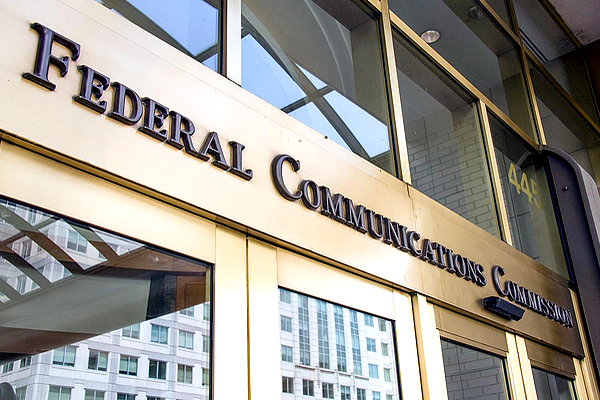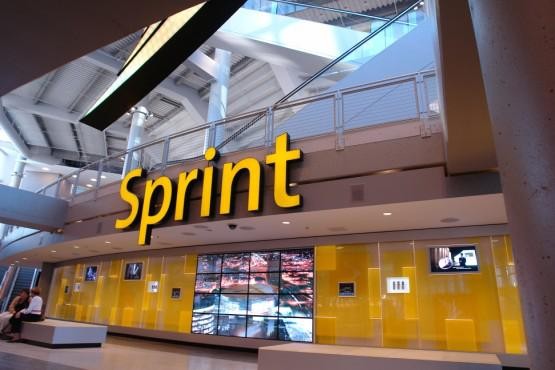Frontier Telecom is all set to acquire all of Verizon’s landline related assets in California, Florida and Texas in the coming month. Clearly this acquisition doesn’t include Verizon’s wireless cell phone services but includes Internet, video and phone services. The transfer is scheduled for April 1.
Verizon officials have already announced that it will solely focus its business efforts on the wireless service although it continues to hold the landline operations in the northeast industry, said Les Kumagai, Verizon spokesperson. With this move, the home phone services will be exceptionally be affected.
Landlines are expected to be obsolete in the coming years, and other telecommunication networks are aiming at wireless assets, said Jay Prag, professor of economics and finance at the Drucker School of Management at Claremont Graduate University.
Frontier Communications officials state that they plan to maintain the existing products and services including internet, voice, video, and online security. The company also announced that it will honour Verizon’s previous promotional pricing via their advertised deadlines. “We’re excited to be in this business and to be the new service provider for these customers, welcoming them into the family, and we are 100 percent focused on creating a great experience for the new customers,” said Cameron Christian, Frontier Communications vice president of marketing for the West region.
Stamford officials said they were unable to break down the number of employees or customers it will acquire regionally but as per state they are welcoming approx. 5000 Verizon employees to Frontier. Plus, the company is absorbing 3.7 million new customers throughout the states. Other cheap home phone services will have to pull up their socks so as to be competitive enough to defeat the clever move made by Frontier and Verizon telecommunications. New Frontier customers can expect that their bills will be sent out in April with the instruction on some payment options available to them.




